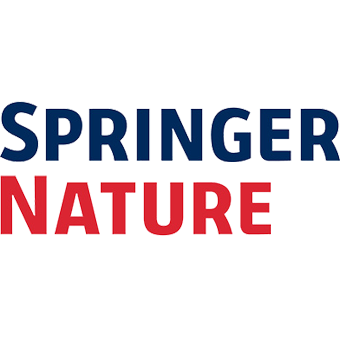
Learn Morei
For more information about publishing with Springer, visit:
Springer Journals Portal
Springer Open Science Funding Support
Springer Journals Portal
Springer Open Science Funding Support
Contact
For any questions or to initiate a publishing discussion, feel free to contact:
Lorraine Klimowich — Senior Editor
lorraine.klimowich@springer.com
Lorraine Klimowich — Senior Editor
lorraine.klimowich@springer.com







